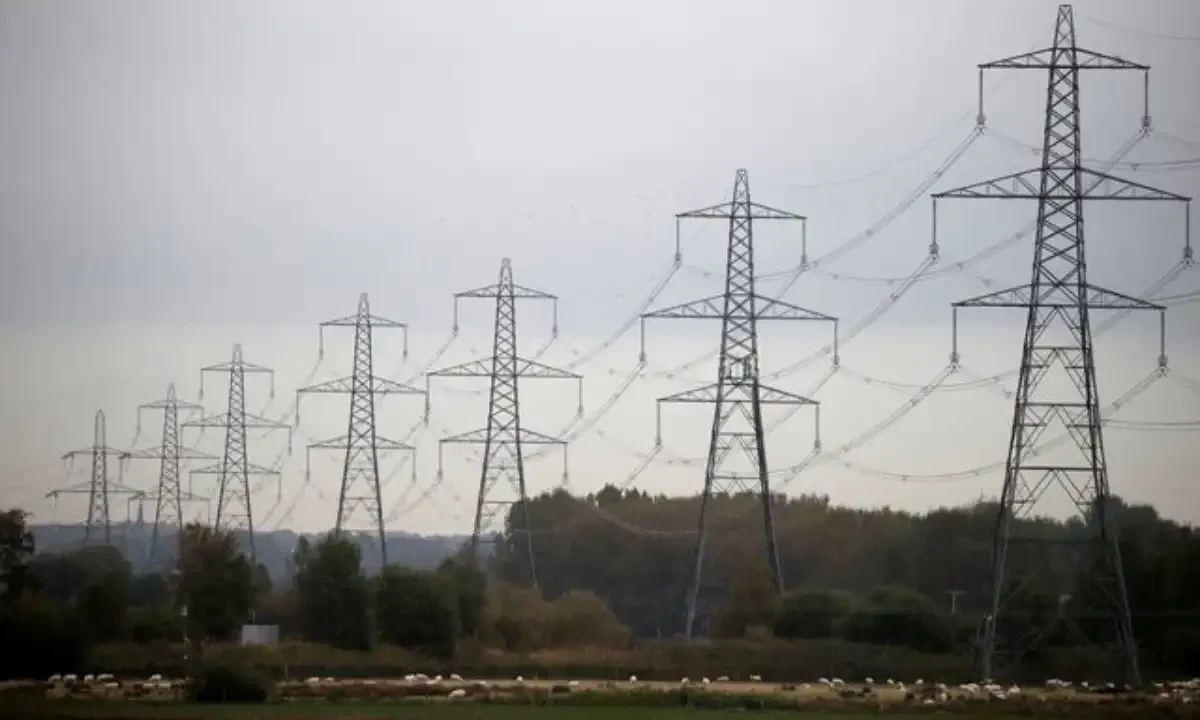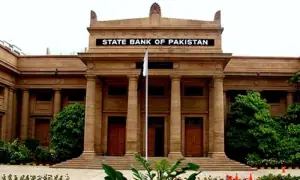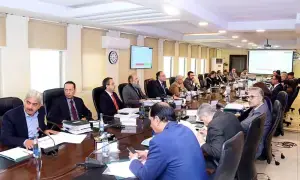Nepra approves revised power tariff
The National Electric Power Regulatory Authority (Nepra) has approved, in principle, a revised average uniform Schedule of Tariff (SoT) at Rs 31.59 per kilowatt-hour (kWh) for power Distribution Companies (DISCOs) and K-Electric (KE) for the fiscal year 2025–26.
The revised rate reflects a decrease from the earlier Rs32.73/kWh, marking an average reduction of Rs1.14/kWh due to the inclusion of a Rs250 billion Tariff Differential Subsidy (TDS) allocated for the fiscal year.
Additionally, Nepra announced a further drop in the uniform average tariff from Rs 35.50/kWh to Rs34/kWh, resulting in a Rs1.50 per unit reduction.
The announcement was made during an emergency public hearing attended by Nepra members, including Technical Member Rafique Ahmad Shaikh and Member (KPK) Maqsood Anwar Khan.
Power Division was represented by Additional Secretary (Power Finance) Mehfooz Bhatti and Naveed Qaiser from the Power Planning and Monitoring Company (PPMC), who explained the rebasing of the power tariff.
According to shared documents, consumers across all categories will receive an average relief of Rs1.14 to Rs1.15/kWh. However, officials from the Power Division refrained from confirming whether the Prime Minister’s Rs7.50/kWh relief package had ended.
They instead pointed out that, from July 2025, the government would provide relief through a Rs1.15/unit base tariff cut, Rs 0.45/unit via removal of the PTV fee, and Rs 0.90/unit through the discontinuation of electricity duty by provinces.
Naveed Qaiser stated that the proposed new uniform tariff of Rs31.59/kWh, lower than Nepra’s determined rate of Rs 34/kWh, should be approved to ensure consumers benefit from reduced rates.
During the hearing, stakeholders from the Federation of Pakistan Chambers of Commerce and Industry (FPCCI) and K-Electric voiced strong objections.
Rehan Jawed of FPCCI criticized the current industrial tariff structure and urged Nepra not to approve the government’s proposal in its existing form, calling it harmful to industry.
K-Electric’s Director of Finance, Ayaz Jaffer, requested that KE’s tariff be aligned with Nepra’s latest decisions.
In response, the Power Division clarified that the federal government had challenged Nepra’s tariff rulings on KE, and KE retains legal rights under the TDS agreement to file claims accordingly. Nepra’s legal counsel, Mian Ibrahim, reiterated that the Power Division cannot override Nepra’s decisions.
The hearing, held on a public holiday, drew criticism from civil society representative Arif Bilwani, who said the timing limited public participation and transparency.
Concerns were also raised regarding the impact of ending the Prime Minister’s Rs 7.50/kWh relief. Aamir Sheikh from the industrial sector pointed out that industries face a net increase of Rs 5/unit due to the expiration of the relief—despite the announced Rs 1.15/unit reduction. He urged the government to allocate funds from carbon and gas levies to support the sector.
KCCI representative Tanveer Barry joined the hearing in protest, criticizing the short notice and urging for a seven-day window for public feedback. He highlighted that the Rs 1.15/kWh relief was insufficient and further burdened by a Rs 3.23/kWh circular debt surcharge.
Barry also called for the removal of fixed charges and time-based tariffs (peak/off-peak), suggesting that a flat 24-hour rate would better support industrial operations.
He demanded the removal of the 1MW cap on net metering for industries and proposed faster processing (within 30 days) for new or upgraded industrial connections.
Technical Member Rafique Shaikh expressed concern over widespread manipulation in meter readings by Discos to inflate bills. Ongoing inquiries, including one against SEPCO, were mentioned.
Dr. Kashif, CEO of the Power Information Technology Company (PITC), highlighted that the “Apna Meter, Apni Reading” mobile application was developed to combat overbilling by giving consumers control over meter readings.
On the matter of solar power, the Power Division asked Nepra’s assistance in addressing the cost imbalance, where non-solar consumers bear the burden of subsidizing net-metering users.
For the latest news, follow us on Twitter @Aaj_Urdu. We are also on Facebook, Instagram and YouTube.


























Comments are closed on this story.